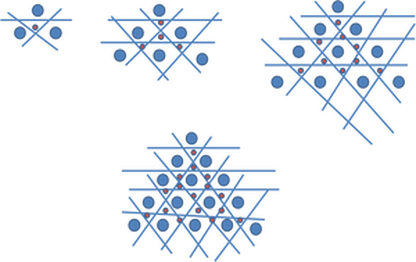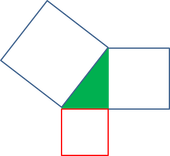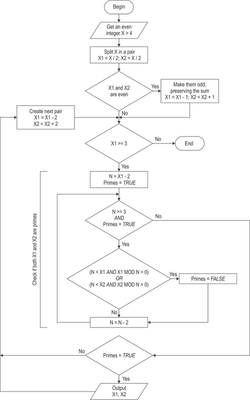
"Жилет" залагат на "нарко-модела", масово използван от лидерите, без значение дали те произвеждат автомобили или копирни машини: зарибяваш жертвата с ниски цени и след това я доиш до болка с консумативите. Самобръсначката е сравнително евтина, но се налага честа смяна на ножчетата, които са скъпи. Моята "балканска подсилена" брада убива ножчето на "Жилет" за 2 седмици.
Бизнес моделът на "Уилкинсън" е с човешко лице: продават ти по-евтина самобръсначка с много по-евтини ножчета. Къде е "врътката"? Ножчетата траят не по 2 седмици, а по 3 месеца. Продадеш ли на един мъж самобръсначка "Уилкинсън", той (ако не е рекламно лице на "Жилет" или малоумен) никога няма да премине към конкурента (освен ако конкурентът не подобри и поевтини продукцията си драстично). Казано накратко, за да победиш в конкурентната война няма нужда да продаваш милиони ножчета на един мъж; трябва само да продадеш милиони самобръсначки - по една на всеки мъж. Елементарно, Уотсън, разумният мъж има нужда не от милиони ножчета, а просто от една самобръсначка.






 RSS Feed
RSS Feed
